Call us
08045816757
SUMMARY AND EXPLANATION
Alpha fetoprotein (AFP) is a glycoprotein with a molecular weigh of approximately 70,000 Daltons. AFP is
normally produced during fetal and neonatal development by the liver, yolksac, and in small concentrations
by the gastrointestinal tract. After birth, serum AFP concentrations decrease rapidly, and by the second
year of life and thereafter only trace amounts are normally detected in serum.
Elevation of serum AFP to abnormally high values occurs in several malignant diseases, most notably
nonseminomatous testicular cancer and primary hepatocellular carcinoma. In the case of
nonseminomatous testicular cancer, a direct relationship has been observed between the incidence of
elevated AFP levels and the stage of disease. Elevated AFP levels have also been observed in patients
diagnosed with seminoma with nonseminomatous elements, but not in patients with pure seminoma.
In addition, elevated serum AFP concentrations have been measured in patients with other noncancerous
diseases, including ataxia telangiectasia, hereditary tyrosinemia, neonatal hyperbilirubinemia, acute viral
hepatitis, chronic active hepatitis, and cirrhosis. Elevated serum AFP concentrations are also observed in
pregnant women. Therefore, AFP measurements are not recommended for use as a screening procedure
to detect the presence of cancer in the general population.
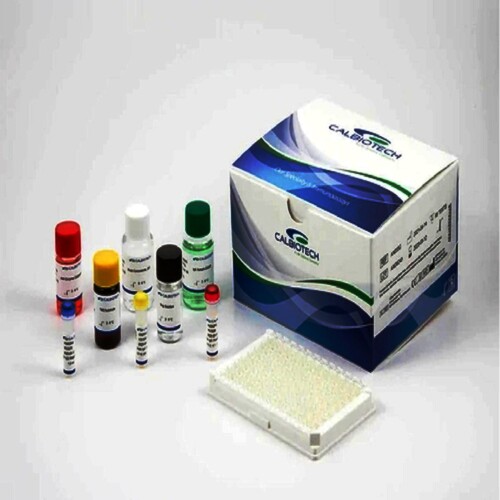
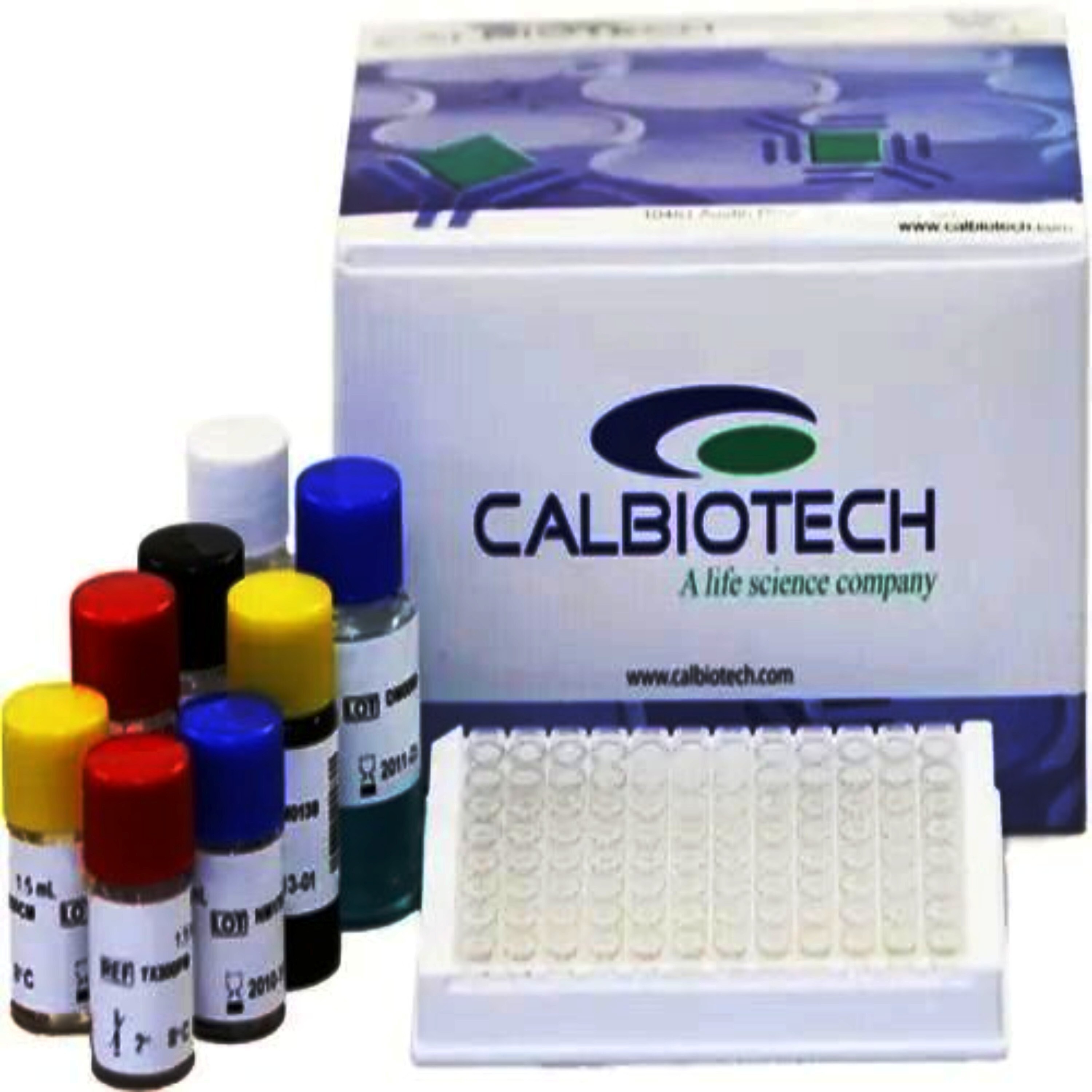
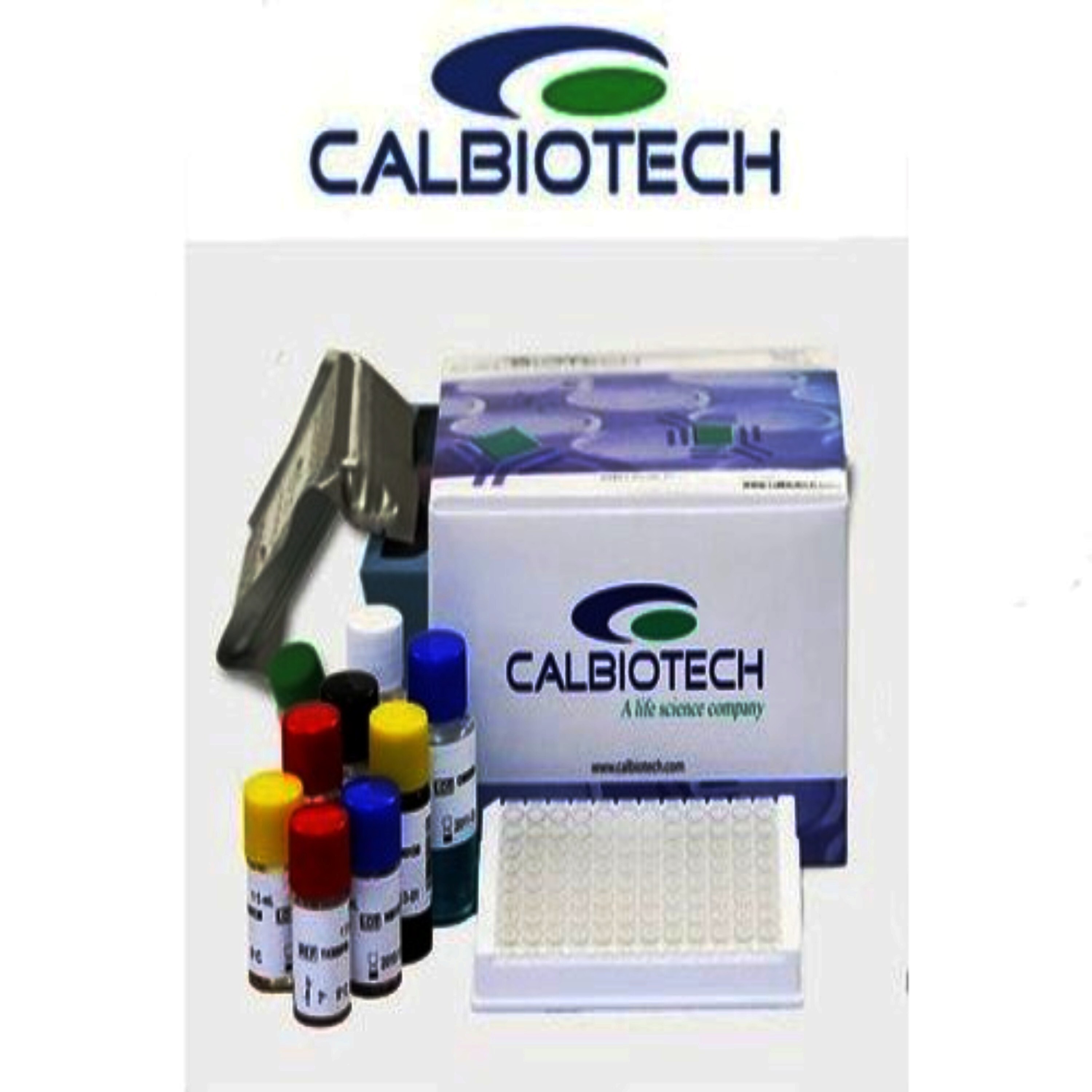
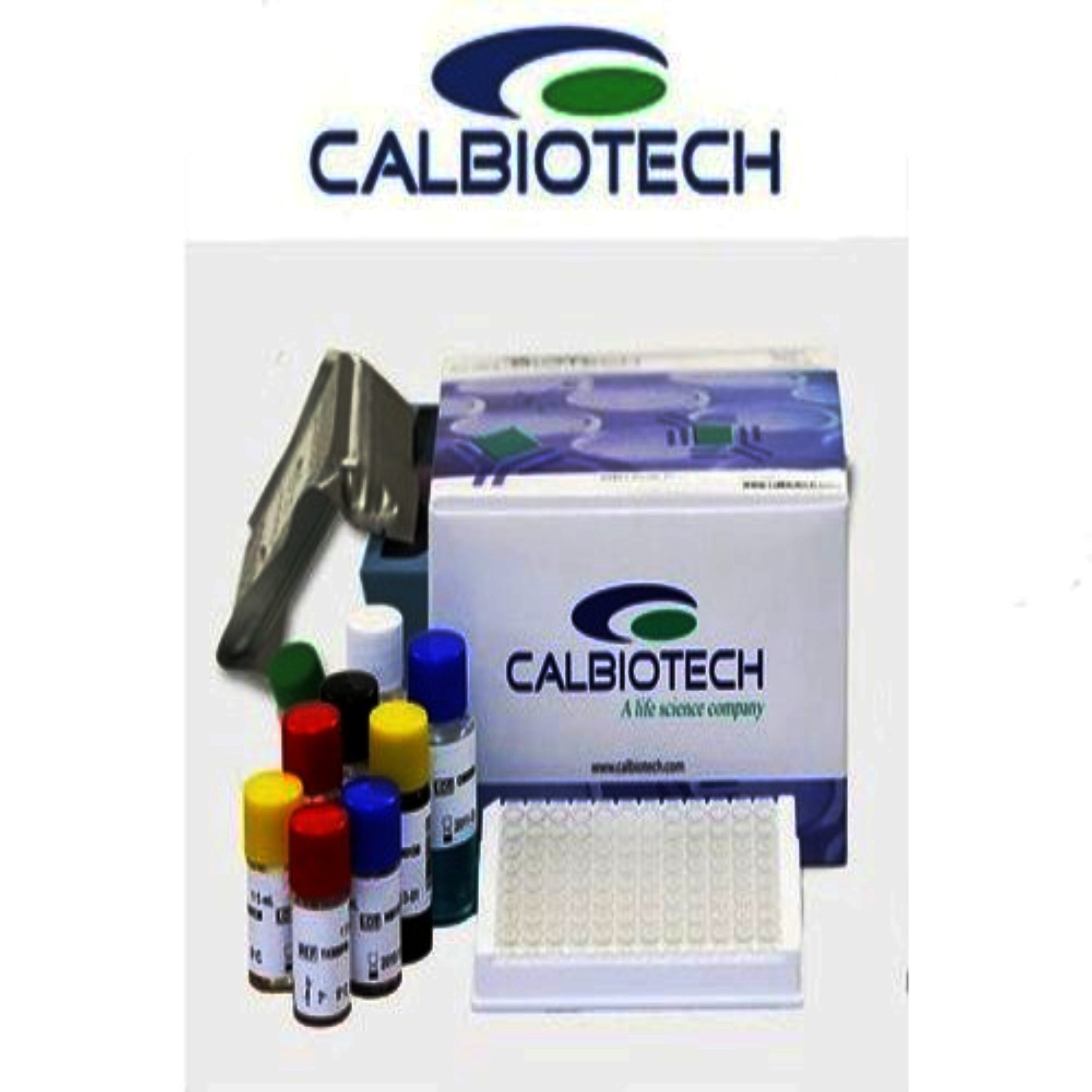
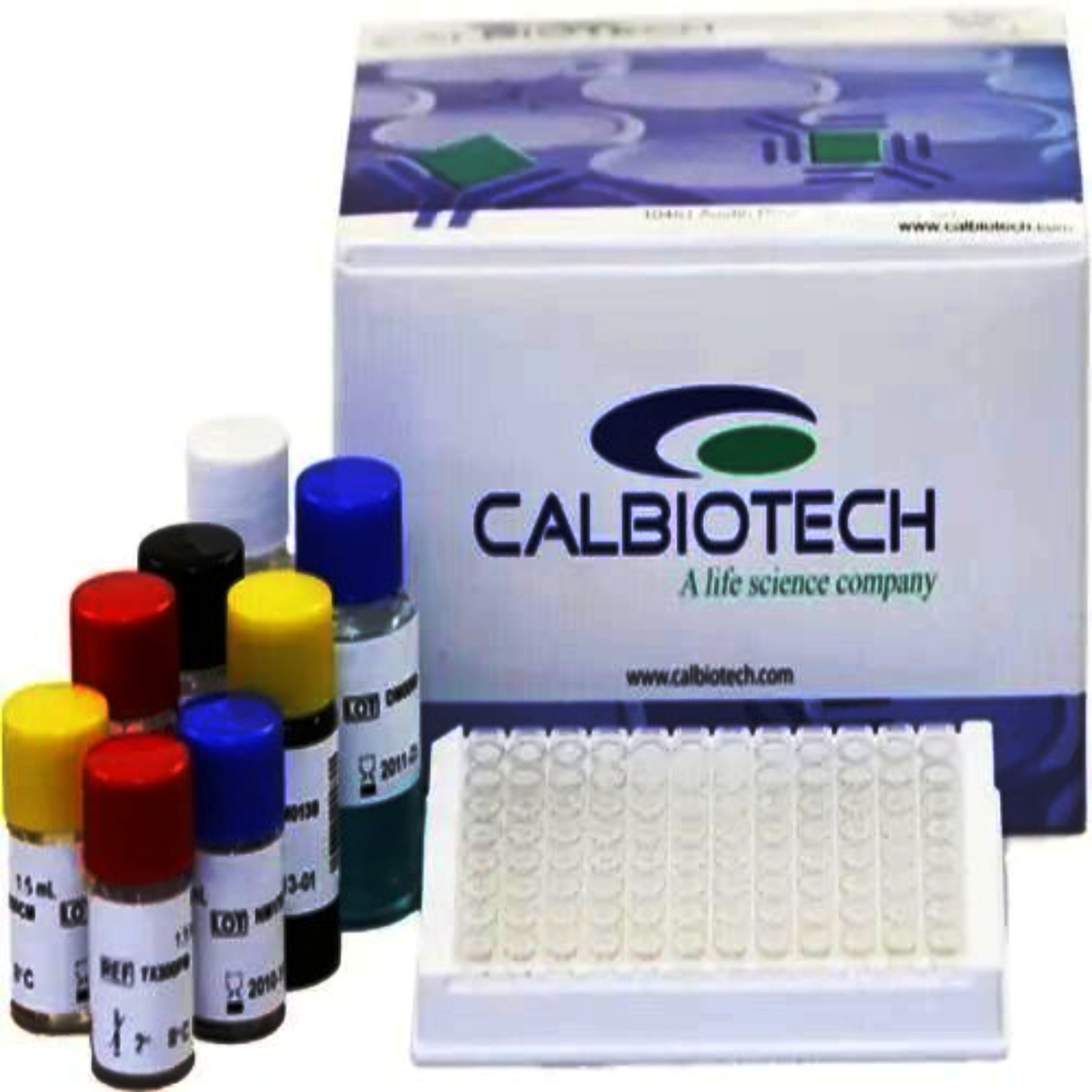

Price:
Price 1 INR / Kit
Minimum Order Quantity : 1 Kit
Gender : Unisex
Product Type : Elisa
Usage : Pathlab / Hospital / Clinic
Number Of Layers : 96 Test
Price 1 INR / Kit
Minimum Order Quantity : 1 Kit
Gender : Unisex
Product Type : Elisa
Usage : Pathlab / Hospital / Clinic
Number Of Layers : 96 Test
Price 1 INR / Kit
Minimum Order Quantity : 1 Kit
Gender : Unisex
Product Type : Elisa
Usage : Pathlab / Hospital / Clinic
Number Of Layers : 96 Test
Price 1 INR / Kit
Minimum Order Quantity : 1 Kit
Gender : Unisex
Product Type : Elisa Kit
Usage : Hospital / Pathlab / Clinic
Number Of Layers : 96 Wells